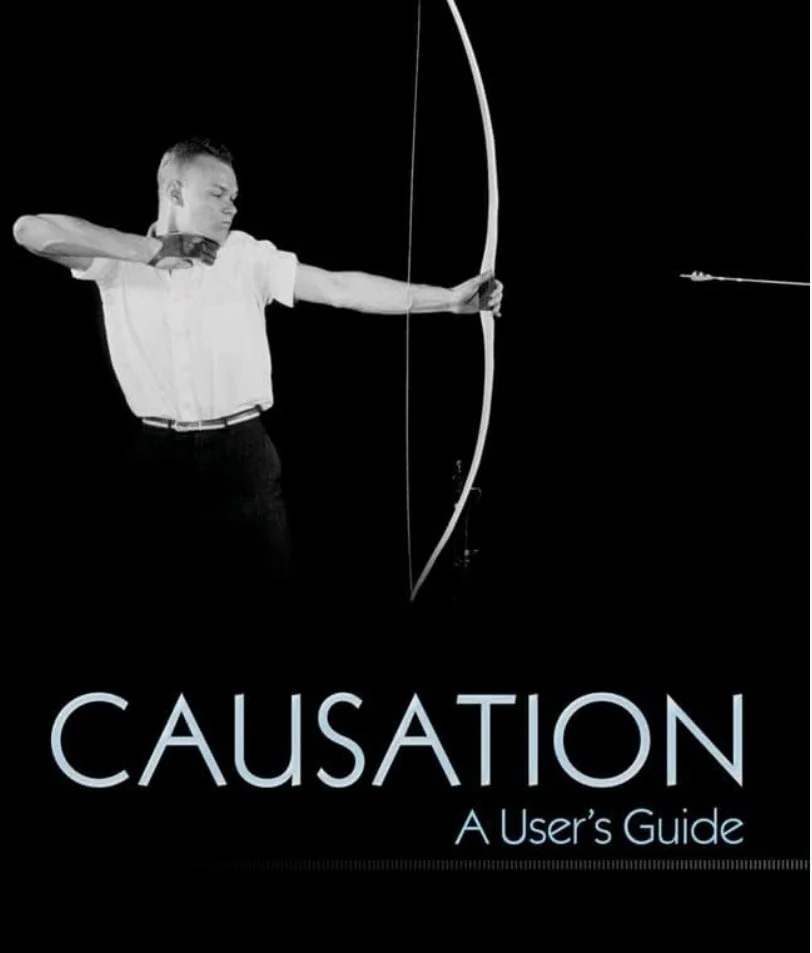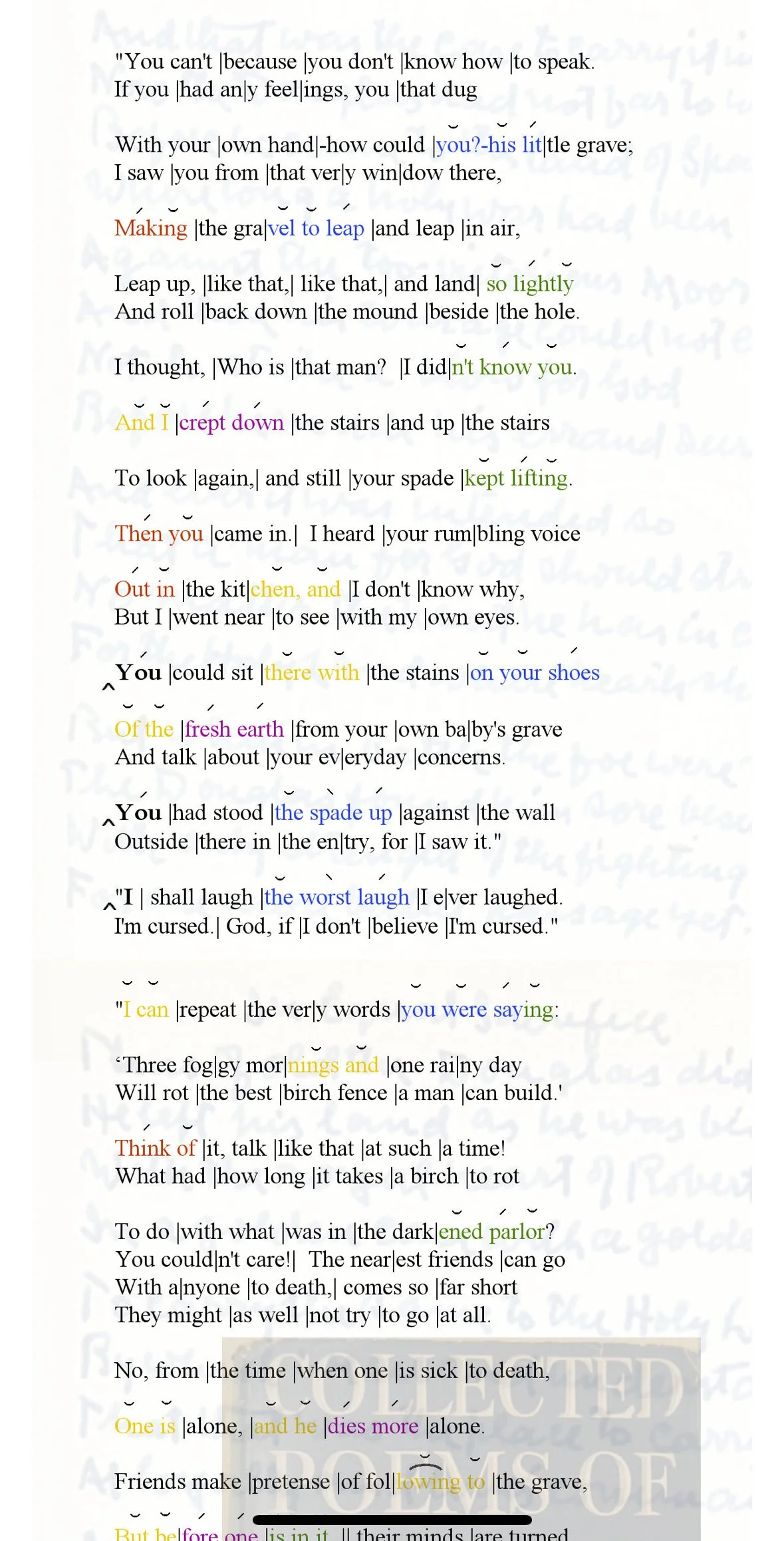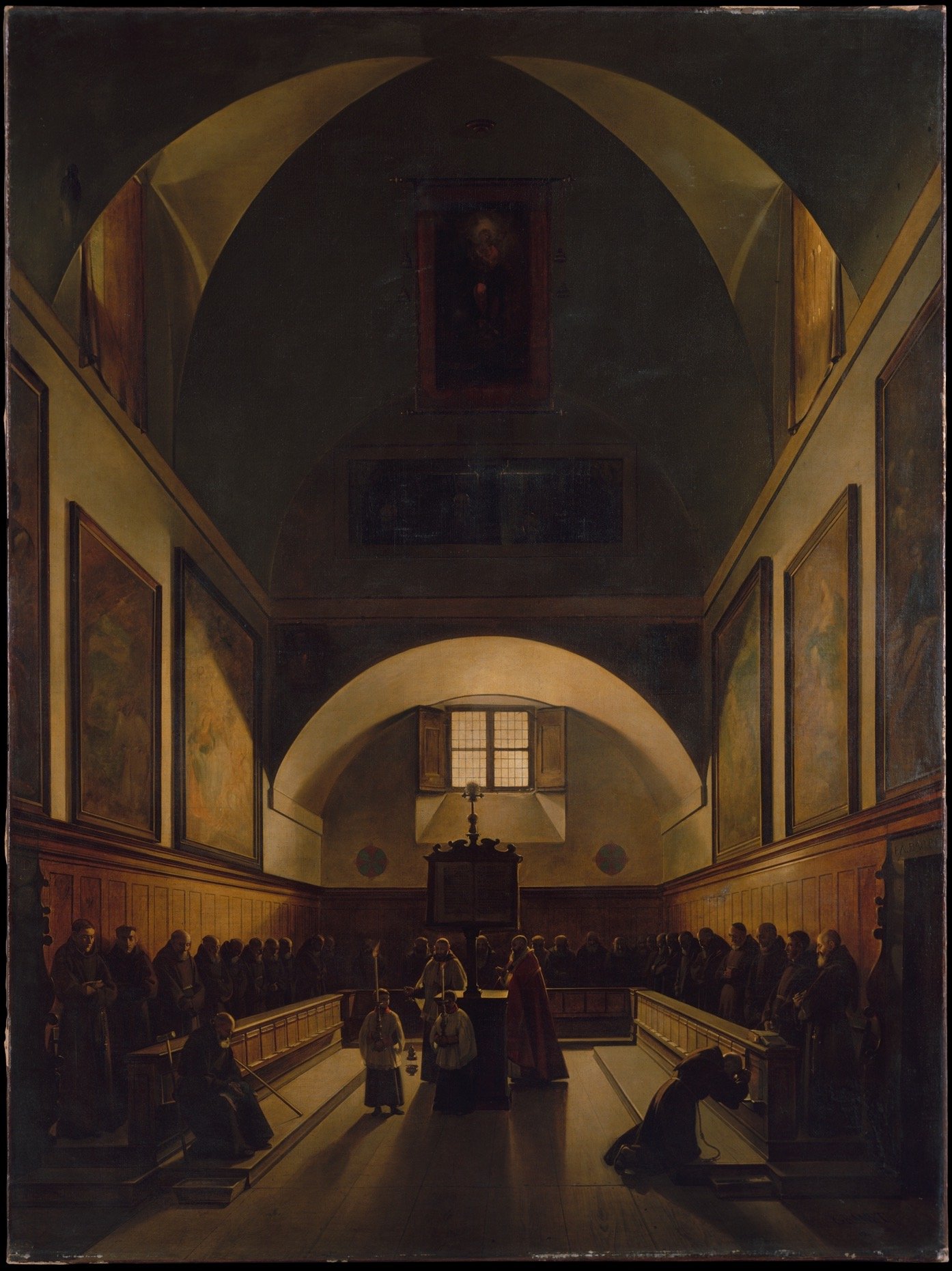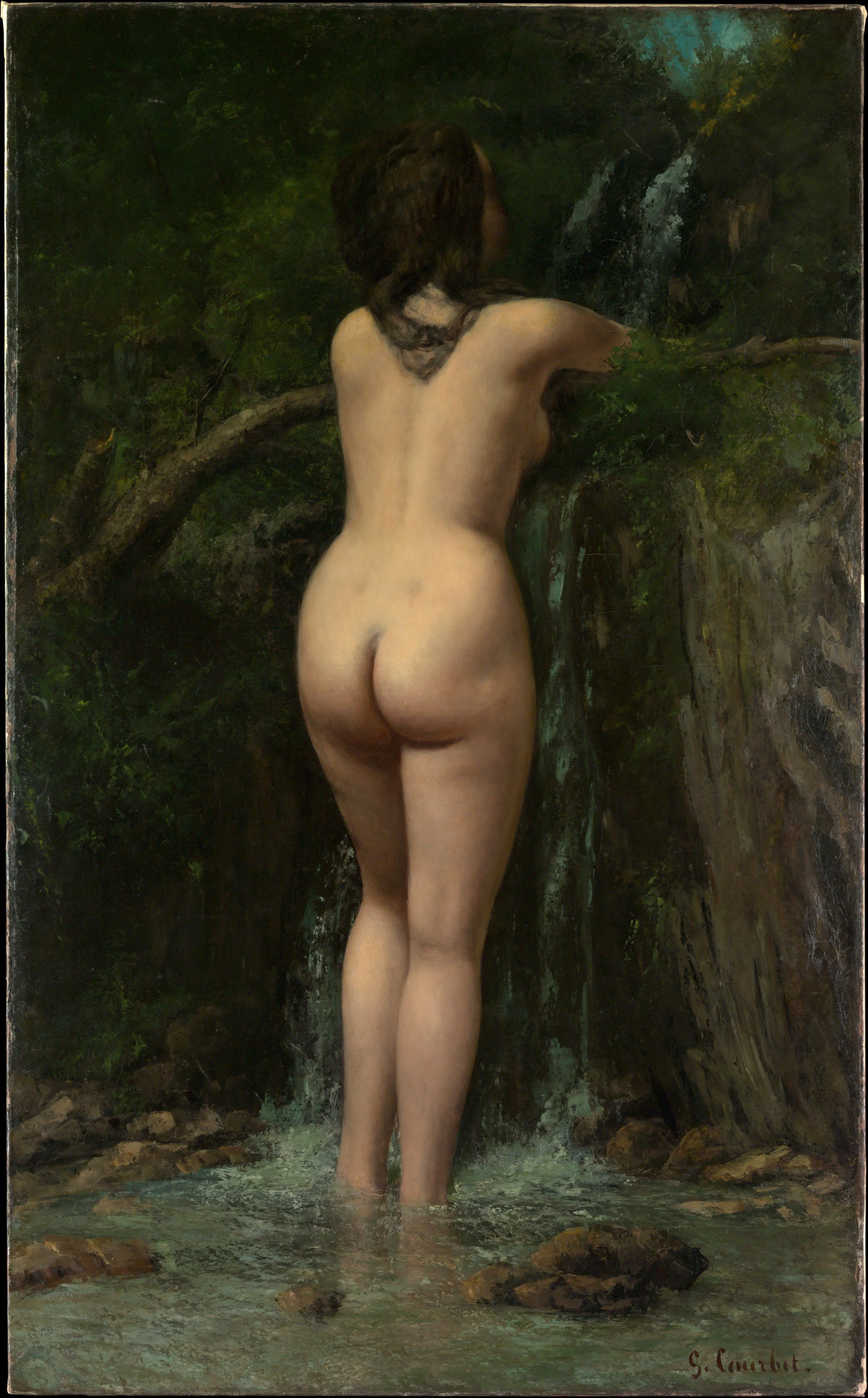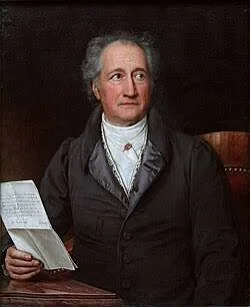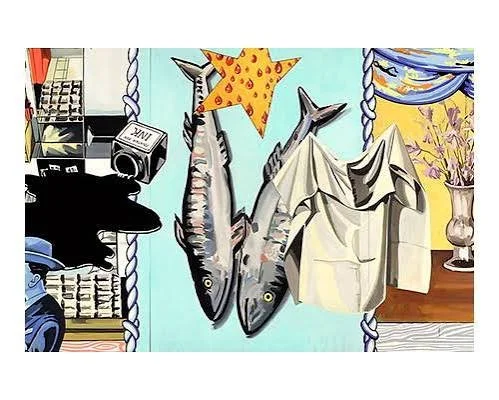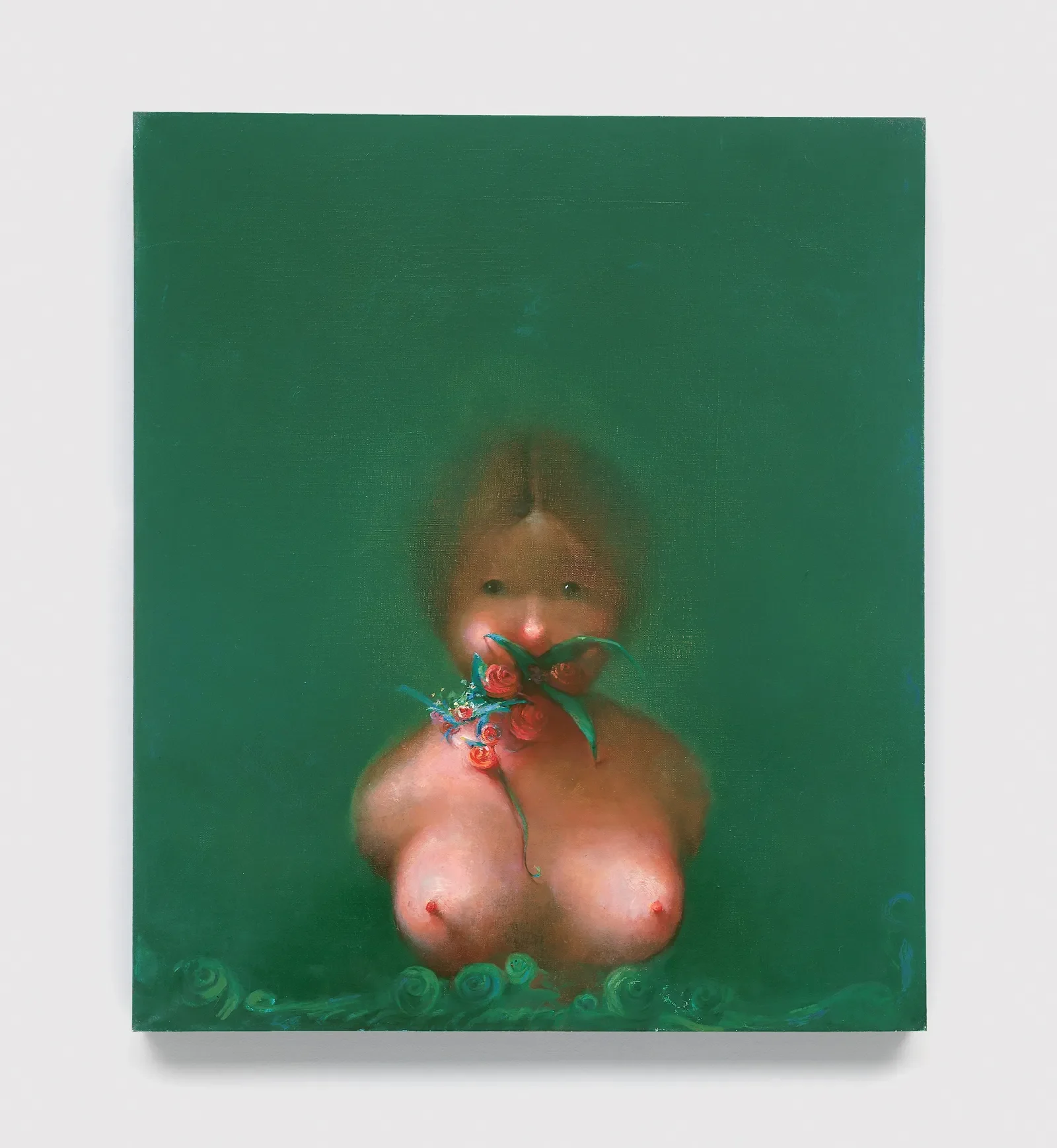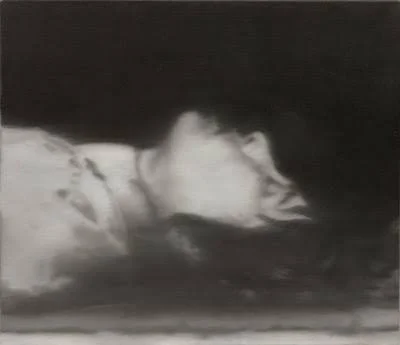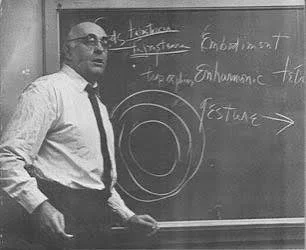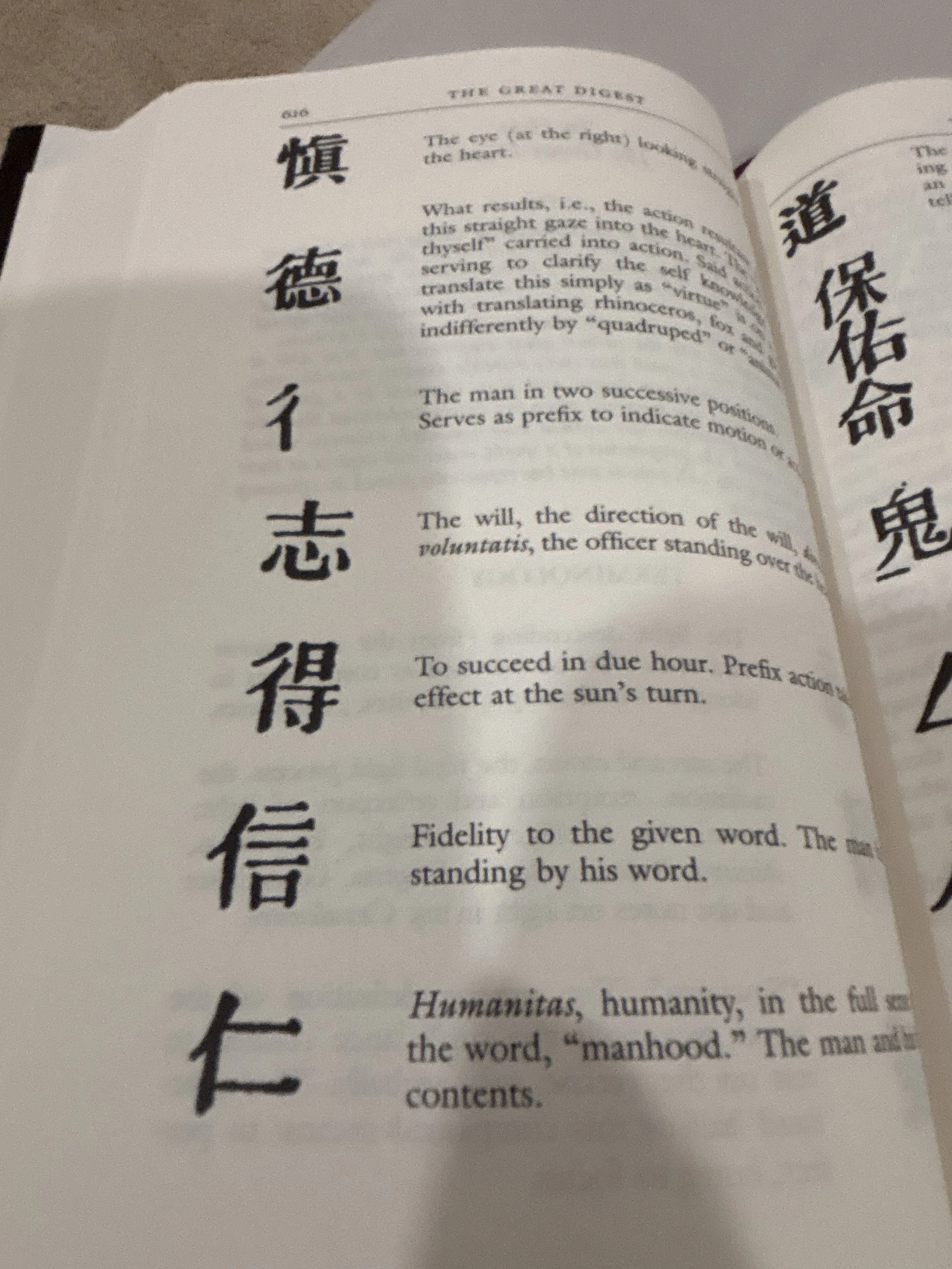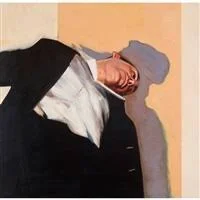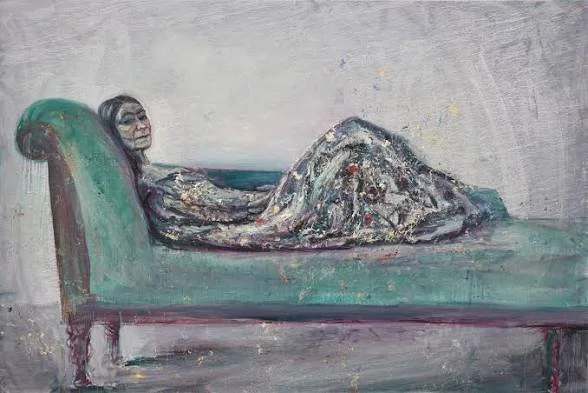There are no happy endings/There are only things that happen/Buy my product
To be an apprentice whose loyalty and diligence and skill earned him the regular task of stripping from Holbein’s brushes the vestiges of the paint he used to touch up the epithelial folds and touch up the bright vital spark of the knowing eyes and touch up the rest before dinner and then dreams of fields and copses and the fenland. Latin and Greek with bare hands, and if in English, the gallows are too kind for you. The rack and then the flames to follow. I’ll see your Utopia and raise you a death sentence. That kind of remonstrance won’t do the sovereign bidding any longer.
remember being there to watch Katz paint wet on wet, sure as the sun that rises in the east, having no problem making it all come together free and unplanned without any loss of what passes for rigor in that mad blooming buzzing rush of insouciance? Over decades, it was strange to see an artist whose nostalgia for the cold water flats and buzzerless doors - yell loudly and I might hear and then I will throw down the keys or if I don’t just wait a bit or call from The corner bar once you’ve had one or two to set you straight - never stopped him from learning to improvise a better imagined future form. He listens to music (jazz mostly, with some Rachmaninov mixed in just to keep the kinks well-coiled) - and it can be felt, that lack of anxiety, that sense of making it in the here and now - even in the later portraits after he’s had a bit of a run.
It is said that you go to Utrecht, Rotterdam, and then to Amsterdam, passing through the red light district if curiosity beckons, a quick dip into the bulldog cafe to parse what is au courant among the desperate druggies and the emaciated hipsters and the cool-eyed ruffians, to the point where you stumble upon and trip over a treatise of potential philosophy, which sets out the sparse pathologies and nourishing partial objects that we wear, knowingly and otherwise, like emblems stamped on our foreheads. We have never been modern is not the catcall it used to be, the whispered entreaty for a quick consummation with the self that we had in place of a self we couldn’t be. Scrawled on a napkin, cloying with the sweat of a bottled beer, we read in meticulous scripT this plangent diagnosis:
We, human beings, are self-domesticating animals, the wild and ever-resourceful architects of our own cages. And — paradoxically — it’s the very wildness of our self-domestication that points to a freedom that remains untamed. This is why our investigations into freedom are both indispensable and hopeless.
So go ahead and lean down to pet the square head of a dog whose visage it would not be unkind or inaccurate to call ugly-wise.
It was a chap who could perform more feats of strength at 92 than your drunk uncle could before you were even a spark in your mom’s eye. Hans Katz-Schuster, conjurer of the eternal present, inhabitant of this lapsed world, in all his amalgamated fictionalized fighting cur glory.





